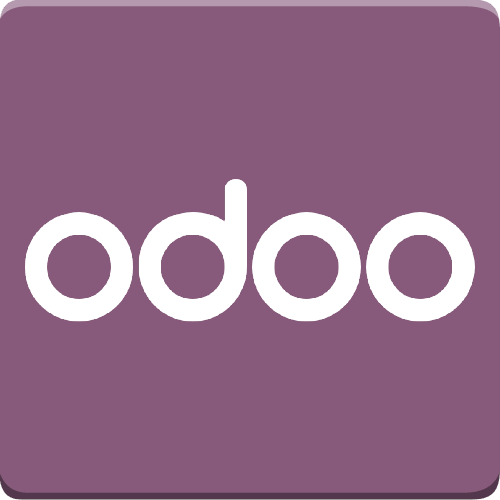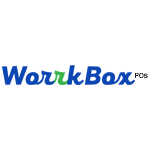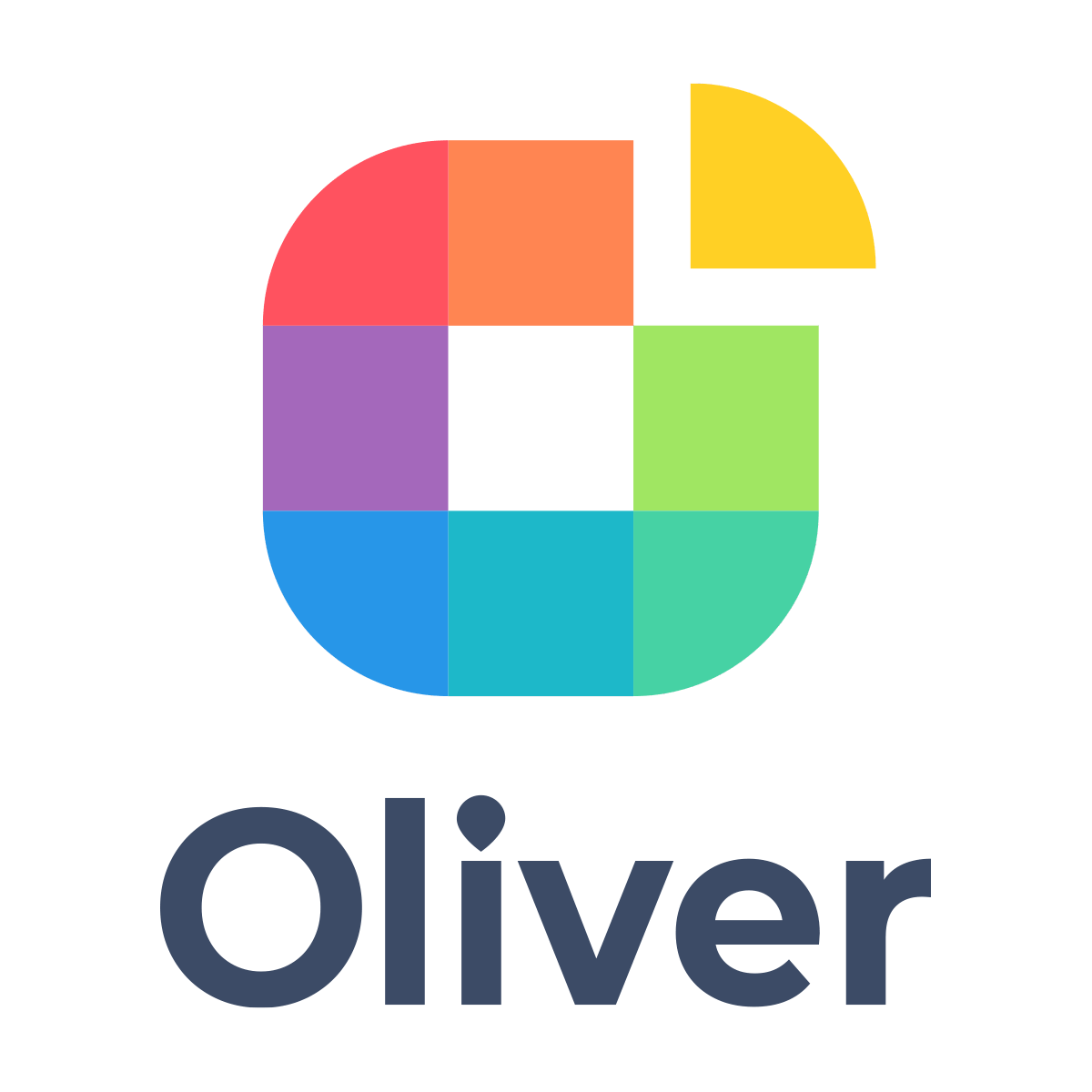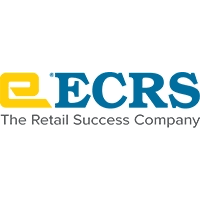Description

Odoo POS

WorrkBox-POS
Comprehensive Overview: Odoo POS vs WorrkBox-POS
Overview of Odoo POS and WorrkBox-POS
a) Primary Functions and Target Markets
Odoo POS:
- Primary Functions: Odoo POS (Point of Sale) is a comprehensive, open-source platform that integrates seamlessly with other Odoo applications like inventory, accounting, and CRM. Its main features include sales processing, inventory management, customer data collection, and sales analytics. It also supports both online and offline operations, which is critical for retailers who need flexible solutions.
- Target Markets: Odoo POS is primarily targeted at small to medium-sized businesses (SMBs) across various sectors such as retail, restaurants, and hospitality that require an integrated solution to manage their point-of-sale operations.
WorrkBox-POS:
- Primary Functions: WorrkBox-POS provides a cloud-based point-of-sale system aimed at simplifying transactions and improving operational efficiency. Key features include sales tracking, customer management, loyalty programs, inventory management, and real-time reporting.
- Target Markets: WorrkBox-POS focuses on small to medium-sized enterprises (SMEs) in the retail and hospitality industries, but it positions itself strongly in sectors that require more tailored solutions for inventory and customer relationship management.
b) Market Share and User Base
Odoo POS:
- Market Share and User Base: Odoo POS is part of a larger enterprise resource planning (ERP) suite, which has a significant presence worldwide. Odoo, as a brand, is widely recognized and used across different countries and industries due to its modular approach and flexibility. The POS module benefits from the reputation and the large existing user base of Odoo's suite. However, specific statistics on the POS module alone are less commonly detailed, but Odoo's extensive marketplace for apps indicates a substantial presence.
WorrkBox-POS:
- Market Share and User Base: WorrkBox-POS is less well-known on a global scale compared to Odoo but may have strong localized user bases or niche markets where it offers specialized solutions. As a newer player or a niche solution, its overall market share would typically be smaller than Odoo’s more established position unless it dominates a specific vertical in select regions.
c) Key Differentiating Factors
Odoo POS:
- Integration with Other Odoo Apps: One of the main differentiators for Odoo POS is its integration with the larger Odoo ecosystem. Businesses requiring full ERP capabilities can seamlessly integrate the POS with inventory, accounting, and other business functions within the Odoo environment.
- Open Source and Customization: As an open-source platform, Odoo POS allows for extensive customization. This flexibility is particularly appealing for businesses that have unique needs and the technical resources to modify the system.
- Community and Support: Odoo has a strong global community that contributes to continuous improvements and offers support. This community aspect can be crucial for businesses looking for reliability and updates.
WorrkBox-POS:
- Simplicity and Usability: WorrkBox-POS may differentiate itself with a strong focus on user experience, providing a straightforward interface aimed at ease of use for quick employee onboarding.
- Industry-Specific Features: WorrkBox-POS may offer features that are particularly tailored to certain industries (e.g., specialized loyalty programs or inventory features for hospitality or retail) that might not be as easily available or customizable in a more general ERP system like Odoo.
- Dedicated Customer Support: Although specifics can vary, WorrkBox-POS might also differentiate itself with dedicated customer support, which is often a significant selling point for businesses that prefer direct, responsive support over community-based help.
In summary, while both Odoo POS and WorrkBox-POS are targeted towards small to medium-sized businesses in the retail and hospitality sectors, their key differentiators lie in Odoo's integration with its broader suite of applications and open-source flexibility, versus WorrkBox-POS's focus on simplicity, usability, and potentially specialized industry features.
Contact Info

Year founded :
Not Available
Not Available
Not Available
Not Available
Not Available

Year founded :
Not Available
Not Available
Not Available
Not Available
Not Available
Feature Similarity Breakdown: Odoo POS, WorrkBox-POS
To provide a feature similarity breakdown for Odoo POS and WorkBox-POS, I will outline the common core features, compare the user interfaces, and highlight unique features specific to each platform.
a) Common Core Features
-
Sales Management:
- Both Odoo POS and WorkBox-POS handle a wide range of sales operations, including support for different types of sales transactions like cash, card, and digital payments.
-
Inventory Management:
- Both systems offer basic inventory management capabilities with real-time stock updates, tracking product levels, and generating inventory reports.
-
Customer Management:
- Each provides features for managing customer information, including profiles, purchase history, and loyalty programs.
-
Reporting and Analytics:
- Robust reporting tools are available in both platforms for generating sales reports, performance analysis, and other business insights.
-
Multi-store Support:
- Ability to manage multiple store locations from a single account, with centralized management of all sales-related data.
-
Discounts and Promotions:
- Tools to create and manage discounts, offers, and promotional campaigns directly through the POS system.
b) User Interface Comparison
-
Odoo POS:
- Odoo is known for its clean, streamlined interface that is designed to be intuitive and user-friendly. The POS module is integrated seamlessly with other Odoo applications, providing a consistent user experience across the platform.
- The UI focuses on simplicity and efficiency, with customizable dashboards, drag-and-drop features, and easy navigation to enhance the user experience.
-
WorkBox-POS:
- WorkBox-POS typically offers a modern and customizable interface, seeking to be user-friendly for different types of retail environments.
- It often emphasizes flexibility, allowing users to tailor the look and feel of the POS to match their specific needs. The presence of widgets, themes, and configurable shortcuts can differentiate its UI style from Odoo.
c) Unique Features
-
Odoo POS:
- Integration with Odoo ERP: One of the standout features is its deep integration with the Odoo ERP suite, offering seamless connectivity between various business operations such as accounting, CRM, and supply chain management.
- Extensive App Ecosystem: Odoo offers a large marketplace of third-party apps and modules that enable further customization and functionality enhancements.
-
WorkBox-POS:
- AI and Advanced Analytics: WorkBox-POS often emphasizes AI-driven analytics tools that provide predictive insights and automation features to optimize sales and inventory.
- Industry-specific Modules: WorkBox-POS may provide specialized modules for specific industries, such as restaurants, fashion, or electronics, offering features tailored to those sectors.
Overall, both Odoo POS and WorkBox-POS offer robust POS solutions with several overlapping core features. The choice between them may depend on the specific needs of a business, especially regarding integration capabilities and user interface preferences. Additionally, prospective users should consider unique features and industry-specific requirements when deciding which product better suits their operations.
Features

Intuitive User Interface
Customer Management Tools
Comprehensive Sales Management
Integration and Reporting

Sales Management
Reporting and Analytics
Inventory Control
User-Friendly Interface
Customer Management
Best Fit Use Cases: Odoo POS, WorrkBox-POS
Odoo POS
a) Best Fit Use Cases for Odoo POS
-
Retail Businesses: Odoo POS is an excellent choice for retail businesses of varying sizes, from small local shops to larger retail chains. It offers features like inventory management, customer loyalty programs, and sales analytics, which are crucial for retail environments.
-
Restaurants and Cafes: The POS system is tailored to handle the needs of restaurants and cafes, offering table management, kitchen order printing, and integration with Odoo's other restaurant management tools.
-
Multi-Location Stores: For businesses with multiple storefronts, Odoo POS supports centralized management, allowing businesses to track sales, manage inventory, and leverage customer data across locations.
-
Businesses Already Using Odoo: Companies that are already using other Odoo applications for their operations will find it especially beneficial to integrate Odoo POS, as it seamlessly connects with modules like accounting, inventory, and CRM.
-
E-commerce Integration: Businesses with both brick-and-mortar and online presences can benefit from Odoo’s integrated e-commerce capabilities, enabling unified inventory and customer management.
-
Customization Needs: Businesses that require a highly customizable POS system can leverage Odoo POS’s open-source nature to tailor functionalities according to specific business needs.
d) Industry Verticals and Company Sizes
- Industry Verticals: Retail, food services, hospitality, and e-commerce.
- Company Sizes: Small to mid-sized enterprises (SMEs) and some larger organizations that value customization and integrated solutions.
WorrkBox-POS
b) Preferred Scenarios for WorrkBox-POS
-
Small to Medium Retailers: WorrkBox-POS is designed with the small to medium-sized retailers in mind, offering an affordable and straightforward solution that doesn’t compromise on essential features.
-
Boutiques and Specialty Stores: Ideal for businesses with a focus on customer service, such as boutiques or specialty stores requiring a user-friendly interface and customer management tools.
-
Pop-Up Shops: The portability of WorrkBox-POS makes it suitable for temporary setups like pop-up shops, where ease of setup and mobility are crucial.
-
New Businesses: Entrepreneurs and new business owners who need an efficient and easy-to-use POS system without complex integrations or a steep learning curve.
-
Limited Budget Constraints: Businesses looking for a cost-effective solution without extensive customization or additional integration costs.
d) Industry Verticals and Company Sizes
- Industry Verticals: Local retail, fashion, specialty stores, and other service-oriented small businesses.
- Company Sizes: Primarily small businesses, with a focus on startups and single-location outlets.
Conclusion
Odoo POS is well-suited for businesses that need robust integration across multiple business functions, high customization, and centralized management across multiple locations or sales channels. It caters to a wide range of industries and can scale to accommodate medium-sized to larger companies already using other Odoo modules.
WorrkBox-POS, on the other hand, is ideal for small to medium-sized businesses seeking a user-friendly, cost-effective solution with essential POS capabilities, particularly in retail and specialty industries. It is particularly advantageous for businesses with limited budgets or those just starting out.
Pricing

Pricing Not Available

Pricing Not Available
Metrics History
Metrics History
Comparing undefined across companies
Conclusion & Final Verdict: Odoo POS vs WorrkBox-POS
When comparing Odoo POS and WorrkBox-POS, it's essential to consider various factors such as features, pricing, ease of use, scalability, integration capabilities, support, and specific business needs. Here is a conclusion and final verdict based on these considerations:
Overall Value
Best Overall Value: Odoo POS
Conclusion: Considering all factors like the breadth of features, integration capabilities, and long-term value, Odoo POS offers the best overall value for businesses, especially those looking for a scalable solution that can easily integrate with other business operations. Odoo's comprehensive ecosystem and modular approach enable businesses to start with a small setup and expand functionalities as needed.
Pros and Cons
Odoo POS
Pros:
- Comprehensive Ecosystem: Seamlessly integrates with other Odoo applications, providing a unified platform for managing diverse business processes.
- Scalability: Suitable for both small businesses and large enterprises due to its modular nature. You can add modules as your needs grow.
- Customization: Highly customizable to meet specific business needs.
- Community Support: Strong community support and a range of third-party applications.
Cons:
- Learning Curve: May have a steeper learning curve due to its comprehensive nature.
- Pricing: Can become expensive as you add more modules and users.
- Complexity: Sometimes users might find it overwhelming if they only need a basic POS function without other ERP features.
WorrkBox-POS
Pros:
- Simplicity and Ease of Use: Designed with user-friendliness in mind, making it easy for employees to learn and use.
- Cost-Effective for Basic Needs: Typically more affordable for businesses seeking straightforward POS functionality without additional ERP features.
- Industry-Specific Features: May offer particular features or integrations tailored to specific industries.
Cons:
- Limited in Integration: May lack the extensive integration capabilities that some businesses require as they scale.
- Less Comprehensive: Offers fewer features compared to Odoo when considering business management needs beyond POS.
- Scalability: Might become inadequate for growing businesses that require more robust and connected systems.
Recommendations
-
For Businesses Seeking Comprehensive Solutions: For businesses seeking integration with other enterprise functions such as accounting, inventory, and CRM, Odoo POS is the recommended choice due to its extensive integration and scalability.
-
For Simpler, Budget-Conscious Needs: If the primary need is a straightforward, cost-effective POS system without the need for extensive additional features, WorrkBox-POS could be sufficient, particularly for smaller businesses or industry-specific needs.
-
Consider Long-term Growth: Businesses expecting significant growth should consider the long-term benefits of adopting Odoo POS for its scalability and comprehensive suite of tools that can support expanding needs.
Ultimately, the choice depends on the specific requirements of the business, its existing infrastructure, future growth plans, and budget constraints. Both solutions have their merit, and the decision should align with the strategic goals of the business.
Add to compare
Add similar companies



